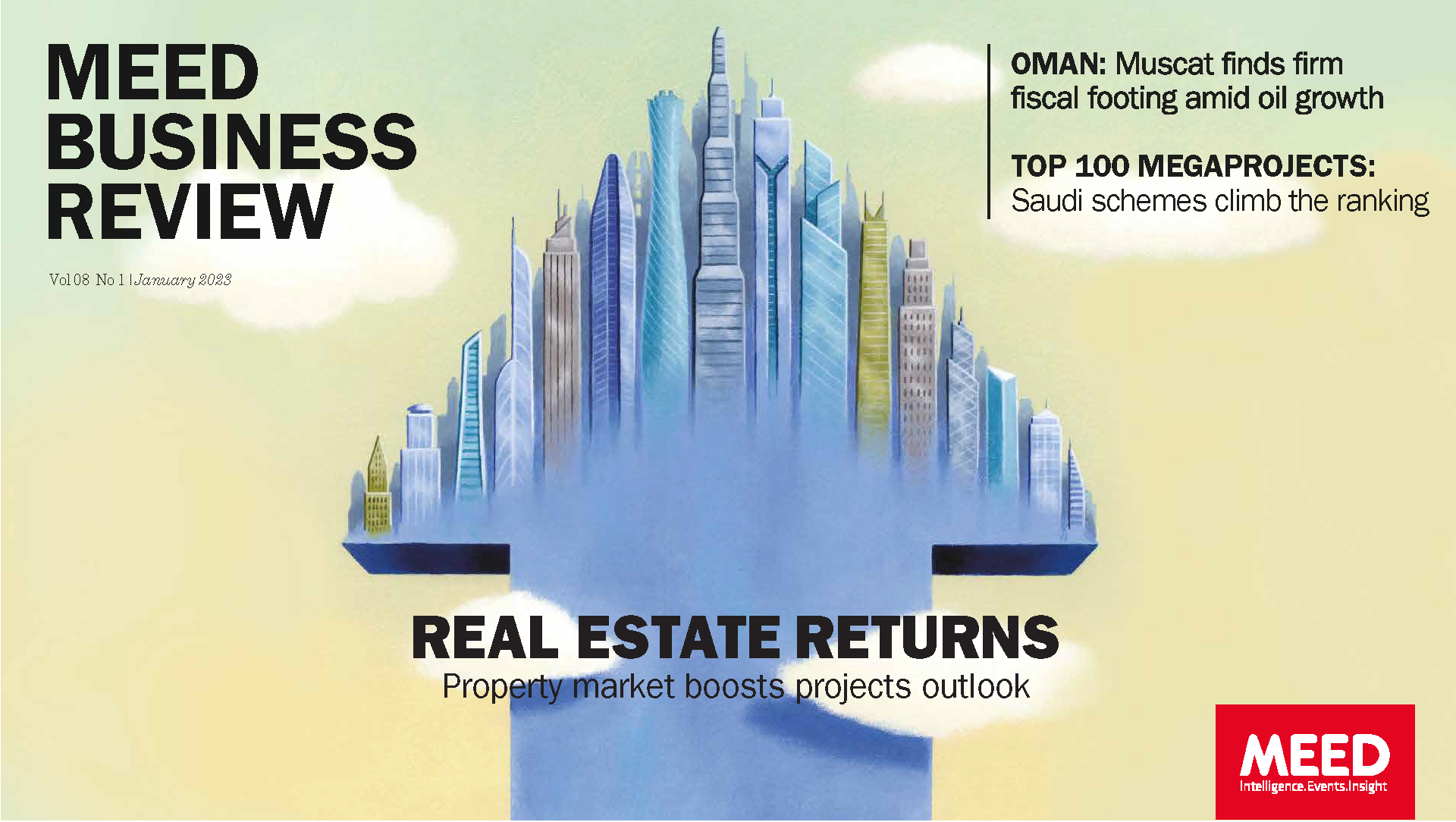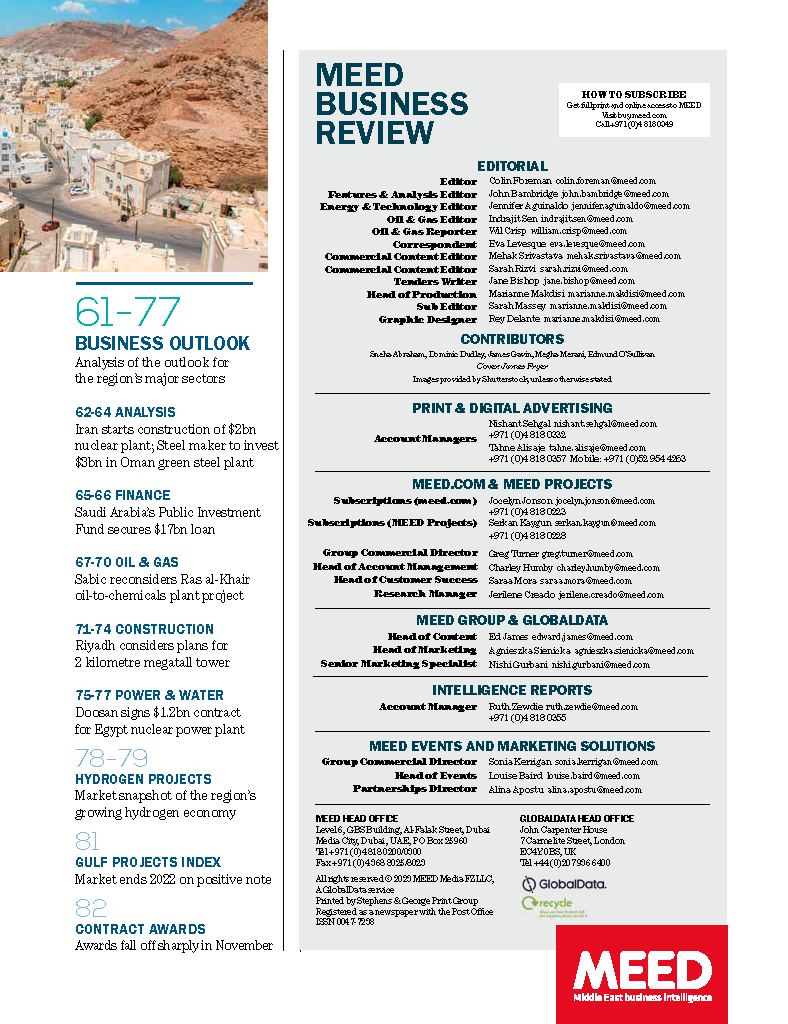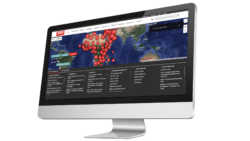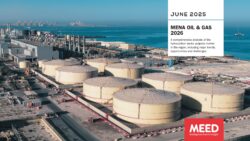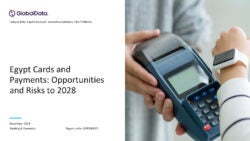Description
About this month’s cover stories:
All eyes are on the Middle East’s property market after a dramatic reversal in fortunes over the past two years.
In mid-November, investors flocked to Dubai’s Coca-Cola Arena for the launch of Burj Binghatti Jacob & Co Residences, the world’s tallest residential building.
It was the clearest sign yet of a dramatic return to form for Dubai’s real estate sector.
Developments in Abu Dhabi continue to sell strongly, and in Bahrain, developers attending Cityscape in November said they were expecting good years ahead.
The biggest market, Saudi Arabia, may have seen its residential market cool in recent months due to higher interest rates, but commercial property continues to perform well and the overall outlook for real estate remains positive.
In the January issue of MEED Business Review, MEED editor Colin Foreman analyses why real estate in the region is here to stay, despite the ups and downs of the property cycle.
This month, we also reveal the region’s top 100 megaprojects – which, combined, account for $1.4tn in project value. Of this, more than $570bn is made up of project components that have moved beyond the study stage and are actively moving through the design, main contract bidding and execution phases.
The Top 100 ranking and analysis on increasing activity on oil and gas schemes and economic diversification initiatives, particularly in Saudi Arabia, can be accessed here.
Our 15-page special report on Oman, meanwhile, finds that budget discipline has allowed Muscat to hugely improve the sultanate’s fiscal standing.
Most significantly over the past 12 months, Oman has garnered the interest of investors for its potential as a hydrogen generation and transmission hub, with planned hydrogen schemes in the sultanate valued at almost $80bn.
We hope you enjoy the January 2022 edition of MEED Business Review.
From the Editor:
Real estate has long been favoured as an asset class in the region. Bricks and mortar are tangible assets that reassure investors, particularly during periods of uncertainty. Property has not always been perfect. Scarred by the collapse in prices following the 2008 global financial crisis, Dubai has worked hard to improve the regulation and transparency of its real estate sector. This work has paid dividends, making the emirate an attractive location for investment from investors seeking steady returns at a time of signify can’t global turmoil.
A pandemic, a war and a cryptocurrency collapse have all helped reinforce property’s reputation as a stable asset class. In Dubai, the performance of the emirate’s real estate sector over the past two years is about much more than capital being reallocated into something dependable. Dubai quickly declared itself open for business after the initial wave of Covid-19 in 2020, and this move quickly gained worldwide attention, in part thanks to Expo 2020, with many choosing to relocate to the emirate to escape more draconian quarantine measures elsewhere.
Those that did make the move found a region that offers immense opportunity. Buoyed by resurgent oil prices, the GCC countries have been among the best-performing economies in the world during 2022. While growth is expected to temper in 2023, they will still outperform many other markets and regions. This outlook combined with economic masterplans such as Saudi Arabia’s Vision 2030, which require billions of dollars of investment over the next decade, will translate into sustained demand for real estate. Developers are launching projects to satisfy the expected demand, creating a virtuous circle that should mean real estate investments in the GCC continue to generate returns for many years to come.
Read more about this in our cover story of the January 2023 issue.
Colin Foreman is editor of MEED and has 20 years of experience reporting on projects and business in the Middle East and North Africa.
Editorial:
Editor – Colin Foreman
Features & Analysis Editor – John Bambridge
Energy & Technology Editor – Jennifer Aguinaldo
Oil & Gas Editor – Indrajit Sen
Oil & Gas Reporter – Wil Crisp
Commercial Content Editor – Mehak Srivastava
Commercial Content Editor – Sarah Rizvi
Tenders Writer – Jane Bishop
Head of Production – Marianne Makdisi
Sub Editor – Sneha Abraham
Graphic Designer – Rey Delante

